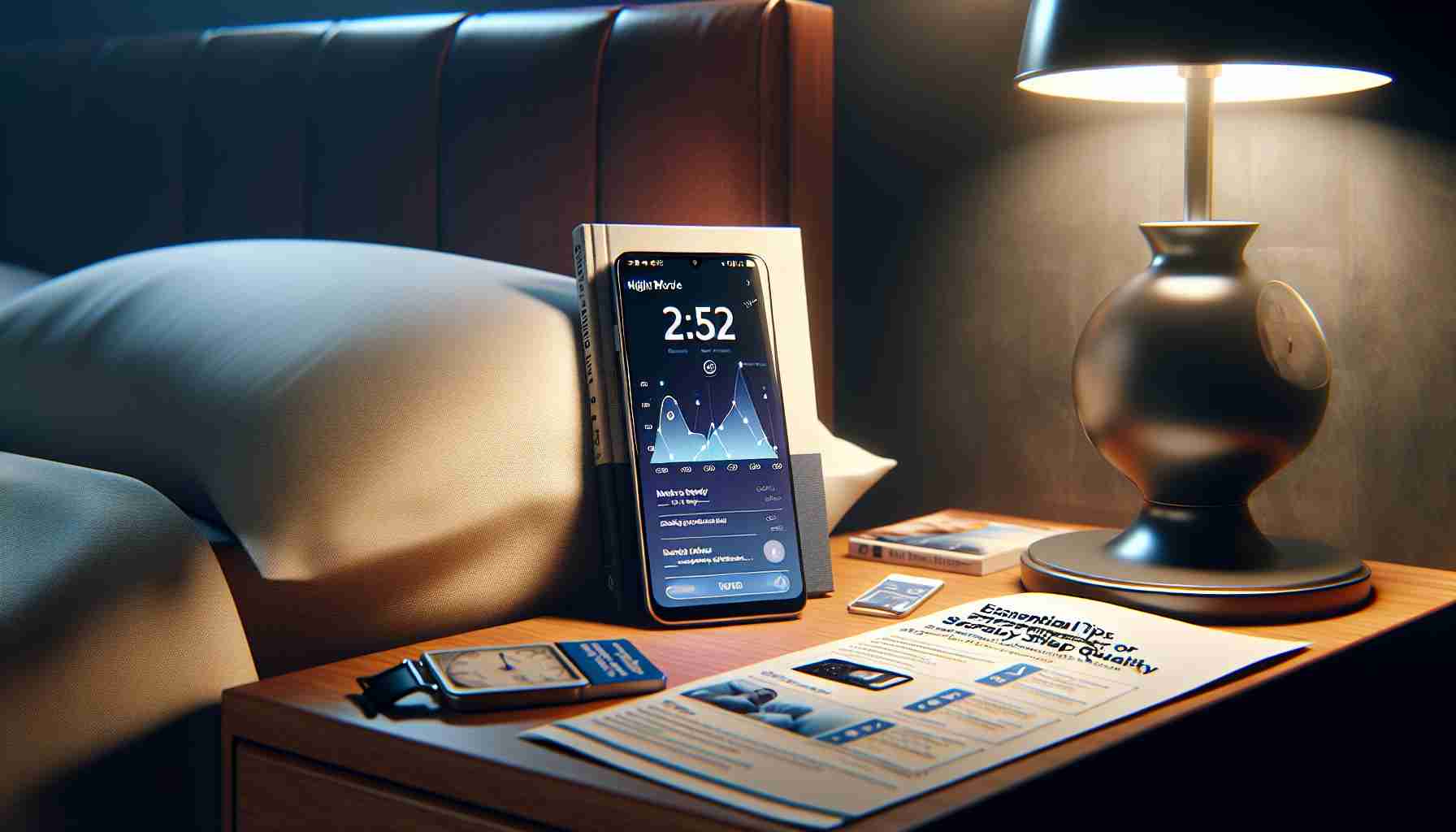Keeping your smartphone nearby while sleeping can lead to potential risks and adversely affect your rest. Experts warn against placing a phone, especially when charging, under your pillow or on flammable surfaces. This poses a fire hazard due to the risk of overheating.
In an effort to promote healthier sleep habits, it’s advisable to remove your smartphone from the bedroom entirely. This adjustment can significantly improve sleep quality. Furthermore, limiting smartphone usage one to two hours before bedtime can have positive effects.
The blue light emitted by mobile screens is particularly disruptive. It interferes with the body’s production of melatonin, the hormone that regulates sleep-wake cycles. When engaging with screens before sleep, your brain may receive signals that it is still daytime, making it harder to fall asleep or stay asleep.
By being mindful of these factors, individuals can create a more conducive environment for sleep. Dr. Anastasia Agaeva emphasizes the importance of prioritizing sleep hygiene in our tech-saturated world. Taking simple steps, such as keeping phones out of the bedroom and reducing screen time before bed, can lead to a more restful night and better overall health.
Smartphone Safety and Sleep Quality: Essential Tips
In our digital age, smartphones have become ubiquitous, altering our lifestyles and impacting various aspects of our health—particularly our sleep quality. In addition to the basic concerns associated with smartphone use at night, there are several lesser-known facts, questions, and challenges that warrant further discussion.
What Are the Specific Risks of Smartphone Use at Night?
Smartphone use at night can lead to more than just poor sleep quality. A study from the University of California found that blue light exposure before sleep can also result in lower cognitive function the following day. Further, the constant notifications and alerts can induce stress and anxiety, keeping the brain engaged when it should be winding down.
How Does Sleep Quality Impact Overall Health?
Sleep quality is intricately connected to overall health. Poor sleep can lead to a variety of health issues, including heart disease, obesity, and diabetes. The Centers for Disease Control and Prevention (CDC) highlights that lack of sleep has been linked to decreased immune function, making individuals more susceptible to illness.
Key Challenges and Controversies:
While many understand the importance of sleep hygiene, the societal expectation to remain constantly connected poses a significant challenge. Many individuals feel the need to be accessible at all times, even during the night. This raises a debate about work-life balance in the digital era.
Advantages of Reducing Smartphone Use Before Bed:
1. Improved Sleep Quality: Limiting screen time can lead to deeper and more restorative sleep cycles.
2. Increased Productivity: A well-rested mind is more alert and efficient, enhancing performance in work and personal tasks.
3. Better Mental Health: Reduced smartphone use can decrease stress levels and promote relaxation.
Disadvantages of Reducing Smartphone Use Before Bed:
1. Social Isolation: Avoiding smartphone use may lead to feelings of being disconnected from social circles.
2. Missed Information: Important messages or notifications could be overlooked when phones are silenced and put away.
3. Addiction Withdrawal: For heavy users, the sudden change in smartphone habits can lead to withdrawal symptoms, such as anxiety.
Practical Tips for Smartphone Safety and Sleep Hygiene:
1. Establish a Digital Curfew: Set a time each night to stop using your smartphone, ideally one to two hours before bed.
2. Create a Charging Station Outside the Bedroom: Keep your phone out of the bedroom by setting a designated area for charging and storage.
3. Utilize Blue Light Filters: Many smartphones now come equipped with blue light filter settings that can be activated to lessen the impact of screen time.
4. Consider Sleep Apps: Helpful apps can guide you through relaxation techniques that promote sleep without the need for constant connectivity.
By addressing these questions and following the provided tips, individuals can work towards improving their sleep quality and overall well-being in a smartphone-centric world.
For more insights into maintaining a healthy relationship with technology, visit Healthline.























